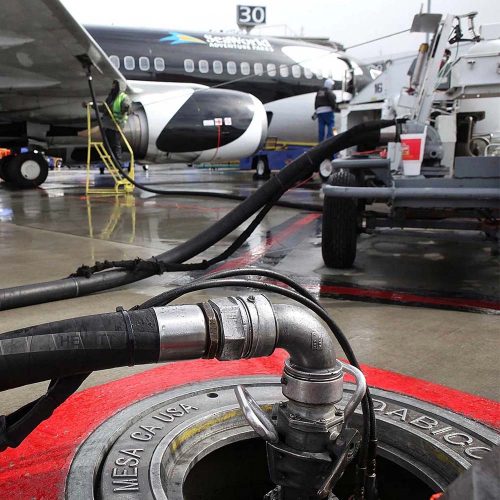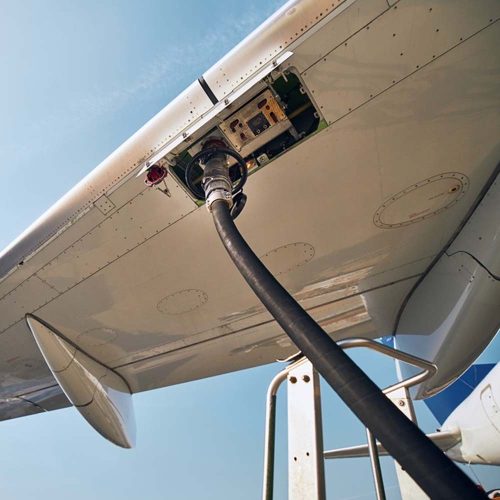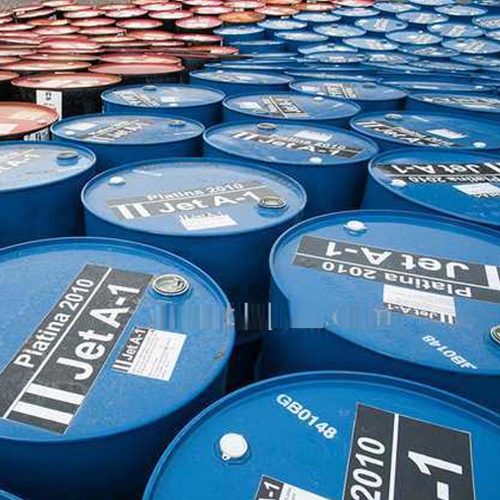Jet fuel international trading involves the buying and selling of fuel specifically designed for use in jet aircraft. The trade of jet fuel is a significant industry, with major producers including the United States, Russia, and China.
The international trade of jet fuel is driven by the demand for air transportation, which has increased significantly in recent years due to globalization and the growth of the tourism industry. The industry is subject to fluctuations in supply and demand, changes in market prices, and geopolitical factors such as trade policies and regional conflicts.
The trade involves a complex network of suppliers, traders, and buyers, who work together to ensure the supply and demand of jet fuel are met. Trading can occur via physical delivery or through financial instruments such as futures contracts and options.
The industry faces challenges, such as the impact of environmental concerns and increasing competition from alternative energy sources. However, jet fuel remains a vital component of the global transportation industry, and is likely to continue to be in high demand in the coming years.
Overall, jet fuel international trading plays a crucial role in the global economy, supporting the aviation industry and enabling the transportation of people and goods around the world.





